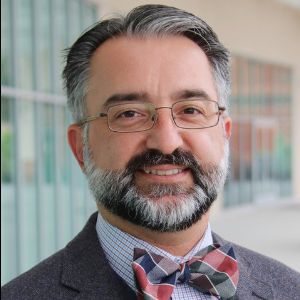This episode is part of an ongoing series about mental health integration services as part of the National Nurse-Led Care Consortium’s (NNCC's) work through the Philadelphia Nurse-Family Partnership and Mabel Morris Family Home Visit Program.
In this episode, NNCC Executive Director Sarah Hexem Hubbard sits down with Dr. Ivan Haskell, Executive Director of the Joseph J. Peters Institute (JJPI) in Philadelphia. Dr. Haskell discusses the growing need for affordable access to therapy services, and the many legal, regulatory, and logistical barriers people face while seeking therapy. The episode highlights the disproportionate impact that these barriers have on low-income patients of color, which make up a large portion of JJPI and NNCC’s client bases.
The episode also discusses various changes that could improve access to therapy, including reforms to insurance policies and reimbursement, the expansion of telehealth, and easing burdens on providers.
In case you missed the first episode of our mental health series, we recommend you go back and listen to that episode first. We speak to two mothers currently receiving therapeutic services through the Joseph J. Peters Institute. Both mothers share their experience, including changes in how they view their role as a parent, learning to cope with childhood trauma, and the impact that access to therapy has made in their lives so far.
Read the Transcript
This episode is part of an ongoing series about mental health integration services as part of the National Nurse-Led Care Consortium’s (NNCC's) work through the Philadelphia Nurse-Family Partnership and Mabel Morris Family Home Visit Program.
Home visiting nurses from at NNCC identified the growing demand for mental health care for clients. In response, NNCC onboarded two therapists to provide counseling directly to parents in the home visiting programs at no cost to the client.
In this episode, we speak to two mothers currently receiving therapeutic services through the Joseph J. Peters Institute. Both mothers share their experience, including changes in how they view their role as a parent, learning to cope with childhood trauma, and the impact that access to therapy has made in their lives so far.
*Content Warning: Child abuse is briefly discussed in this episode.
Read the Transcript
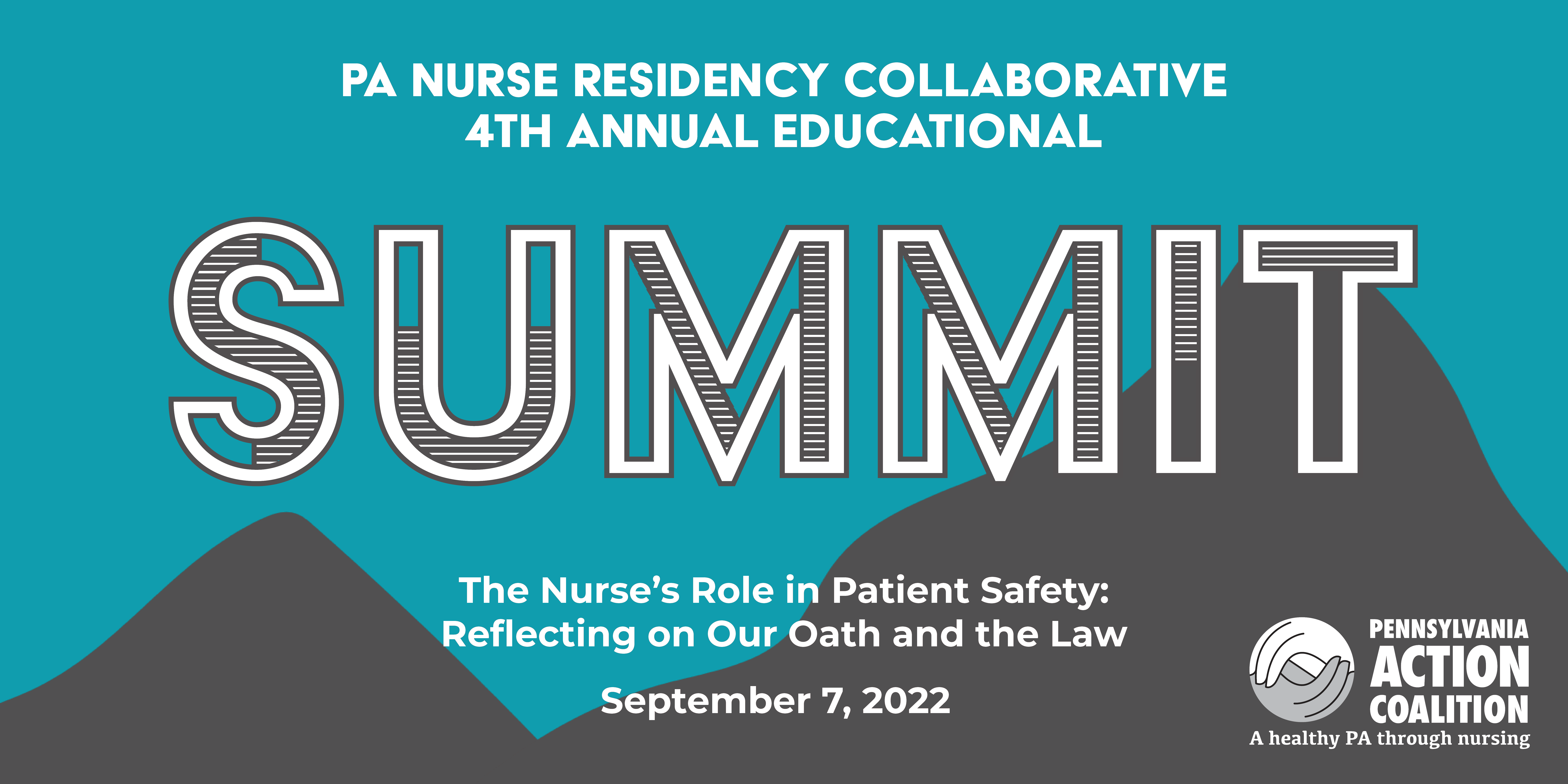
The PA Nurse Residency Collaborative (PA-NRC) hosted its fourth leadership summit titled, The Nurse’s Role in Patient Safety: Reflecting on Our Oath in collaboration with the annual Pennsylvania Organization of Nurse Leaders' (PONL) Nursing Leadership Conference.
Presentations included:
This presentation discussed how nurses have been taught to perceive errors and why the most common safety strategies are not effective. Learners also understood how a robust reporting culture benefits all healthcare providers and recognizes their own biases towards errors.
When an adverse event occurs in healthcare, many times the individual that made the error is blamed. This educational opportunity enabled learners to identify how errors occur in healthcare and provide strategies for investigating causes of errors. Additionally, learners were able to differentiate between a good investigation and a bad investigation of an event and understand the necessity of looking beyond human error to the system causes and the behavioral choices that were made.
This presentation discussed how to use data collected from investigating medication safety events to improve system design. Nurse leaders from any healthcare setting will be able to utilize the information provided to identify system design elements and human factors strategies they can implement to improve their medication processes.
ABOUT THE PENNSYLVANIA NURSE RESIDENCY COLLABORATIVE (PA-NRC)
The PA-NRC was established in 2016 as a partnership of the Pennsylvania Action Coalition and Vizient, Inc. to implement residency programs in Pennsylvania and to provide an additional layer of support. All hospitals and health systems in Pennsylvania that have purchased the Vizient/AACN PA-Nurse Residency Program (NRP) are members of the PA-NRC.
This is Part 2 of our special two-part series about scope of practice regulations for nurse practitioners (NPs).
Currently, 26 states across the United States grant full practice authority for NPs, with Kansas and New York modernizing their laws most recently. In this episode, we hear more about how these two states moved towards full practice authority and what this could mean for other states, such as Pennsylvania, where reduced practice regulations exist.
Joining us for this conversation are Pennsylvania State Senator Camera Bartolotta and Dr. Tay Kopanos. Topics covered include current obstacles to full practice authority and the future of primary care needs.
Senator Camera Bartolotta is a Republican State Senator representing southwestern Pennsylvania’s 46th District.
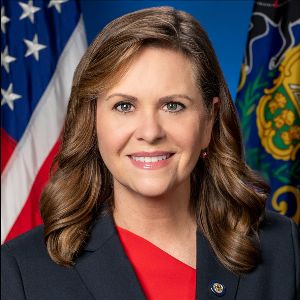
Dr. Tay Kopanos is a nurse practitioner and the Vice President of State Government Affairs for the American Association of Nurse Practitioners.
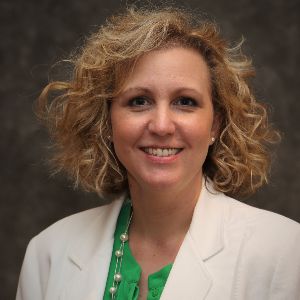
In case you missed it, listen to Part 1 of our special coverage with Dr. Lynn Heard, a longtime nurse practitioner who has been unable to find new collaborative agreements with a physician for two years now. Two of her patients also share their perspective with us about the change in their primary care.
To learn more about full practice authority, listen to our previous episode, The Fight for Full Practice Authority in Pennsylvania, which features various NPs who are advocating for themselves and their patients.
Read the Transcript
This is Part 1 of our special two-part series about scope of practice regulations for nurse practitioners (NPs). Full practice authority permits nurse practitioners, who are nurses with advanced degrees, to deliver healthcare without unnecessary barriers or restrictions. Currently, 26 states across the United States grant full practice authority for NPs.
In this episode, we hear from Lynn Heard DNP, CRNP, a family nurse practitioner and longtime school nurse. She’s based in Pennsylvania, a reduced practice state, meaning NPs must have a collaborative agreement with two physicians in order to prescribe medicine and provide their full spectrum of care. At the start of the pandemic, Heard lost her collaborative agreement after the physician she worked with closed down their practice. Since then, she’s had trouble finding new physicians to collaborate with and has scaled back her family practice considerably.
We also hear from Bonnie McFarland and Susan Donces, two of Heard’s longtime patients. Since Lynn does not have a collaborating physician, McFarland can no longer see her and refuses to choose a new primary care provider. Donces continues to see Heard as her primary healthcare provider, but she cannot receive prescribed medication.
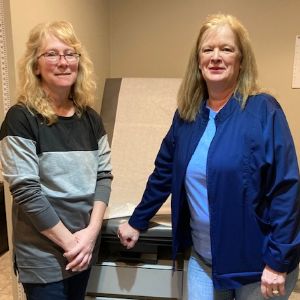
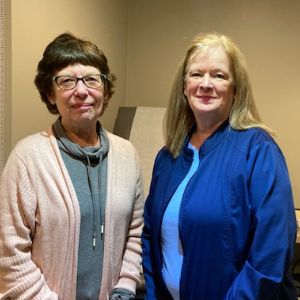
Pictured with Dr. Heard (right) are Bonnie McFarland (left) and Susan Donces (left), two of Heard’s longtime patients.
Part 2 of our special coverage will discuss the broader scope of practice trends across the country. Joining us for that conversation are Pennsylvania State Senator Camera Bartolotta to talk about removing barriers to care here in Pennsylvania, along with nurse practitioner and state policy expert Tay Kopanos from the American Association of Nurse Practitioners.
To learn more about full practice authority, listen to our previous episode, The Fight for Full Practice Authority in Pennsylvania, which features various NPs who are advocating for themselves and their patients.
Read the Transcript
In this episode, we speak with Garrett Chan. He’s the nurse leader behind HealthImpact, which is a California-based organization that has driven workforce development innovations within nursing. Over the course of the pandemic, HealthImpact has been behind two major initiatives to help promote vaccine confidence: VaxForce and Trust a Nurse, Ask a Nurse. VaxForce was launched to recruit skilled volunteers who could perform vaccinations, while the Trust a Nurse, Ask a Nurse program relies on volunteer nurses to field vaccination questions from community members.
And check out our previous related episode with Lizett Leandro. She’s worked as a consultant for the Trust a Nurse, Ask a Nurse program.
Garrett Chan is the President and CEO of HealthImpact, and also an associate adjunct professor at the University of California San Francisco. Previously, he served as Director for the Center for Education and Professional Development, and Director of Advanced Practice at Stanford Healthcare
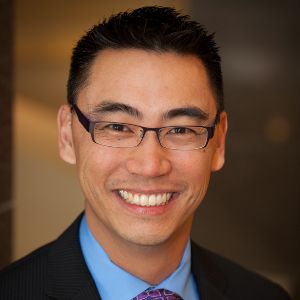
As part of our Special Report series, we shift our focus from nursing burnout to an innovative nurse-based initiative to build vaccine confidence in California.
In this episode, we speak to Lizett Leandro about her work as a consultant for the Trust A Nurse, Ask A Nurse program, a telehealth platform created by HealthImpact. The program relies on volunteer nurses to field vaccination questions from community members. Lizett helped create the initiative’s informational template and shares her experience with this type of public health outreach.
Lizett Leandro is the Director of Clinical Services and Quality for a senior living non-profit in Southern California and a Gerontology Nurse Practitioner and Nurse Consultant at HealthImpact. She oversees nursing education policy and procedures and quality improvement for skilled nursing facilities and assisted living communities.
Read the Transcript
As part of our Special Report series, we continue with our coverage of different nursing views on the impact of burnout and how to address it.
In this episode, we hear from Dr. Dewi Brown-DeVeaux about burnout at a systems-level and how it influences vaccine confidence at this point in the pandemic. Dr. Brown-DeVeaux shares her perspective on what she thinks are the major causes of burnout in the healthcare space and what we can do to address it.
Dr. Dewi Brown-DeVeaux is the Director of Nursing Services for Interventional Radiology/Infusion/Family Group Practice at a major academic Medical Center in New York City.

As part of our Special Report series, our next two episodes feature different nursing views on the impact of burnout and how to address it.
In this episode, we hear from Dr. Ali Tayyeb. When discussing his views on the impact of burnout, Dr. Tayyeb uses the word “burndown” instead. Dr. Tayyeb explains that the term "burnout" implies that healthcare professionals instigate it through their personal actions, whereas the term “burndown” focuses on systemic issues embedded in the healthcare field.
Dr. Ali Tayyeb is a registered nurse and Assistant Professor at California State University, Los Angeles. Dr. Tayyeb is also a United States Navy veteran who specialized in combat trauma and is host of the podcast, RN Mentor.
